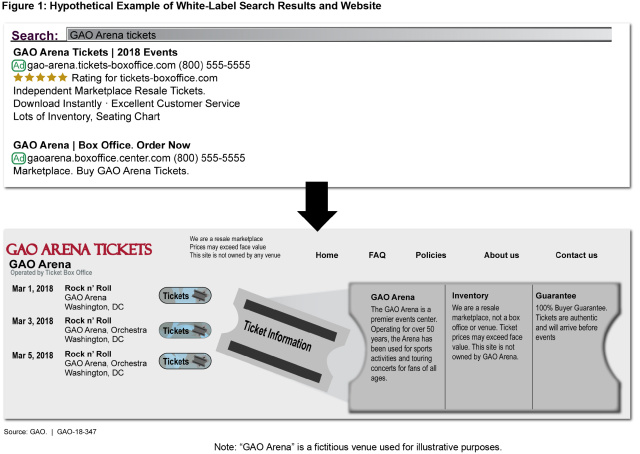What You Should Know About Event Ticketing
 Tips for fans
To be a savvy ticket buyer, here are some things to keep in mind:
Tips for fans
To be a savvy ticket buyer, here are some things to keep in mind:
- Presales: For some of the hottest shows, 10–30% of tickets might be first sold through presales. Check if your favorite artist has a fan club or if you have a credit card from a company sponsoring a presale.
- Comparison shop: Don’t assume the first place you look will have the cheapest tickets. In particular, we found some white-label resale sites selling high-priced tickets when tickets at face value were still available elsewhere. Don’t confuse these white-label sites with the venue’s official site.
- Buyer beware: Be wary of buying tickets on the street or through online classified advertisements. If you do buy on the secondary market, look for ticket resale companies that guarantee a refund for fake tickets.
- Questions on the content of this post? Contact Michael Clements at ClementsM@gao.gov.
- Comments on GAO’s WatchBlog? Contact blog@gao.gov.

GAO's mission is to provide Congress with fact-based, nonpartisan information that can help improve federal government performance and ensure accountability for the benefit of the American people. GAO launched its WatchBlog in January, 2014, as part of its continuing effort to reach its audiences—Congress and the American people—where they are currently looking for information.
The blog format allows GAO to provide a little more context about its work than it can offer on its other social media platforms. Posts will tie GAO work to current events and the news; show how GAO’s work is affecting agencies or legislation; highlight reports, testimonies, and issue areas where GAO does work; and provide information about GAO itself, among other things.
Please send any feedback on GAO's WatchBlog to blog@gao.gov.
